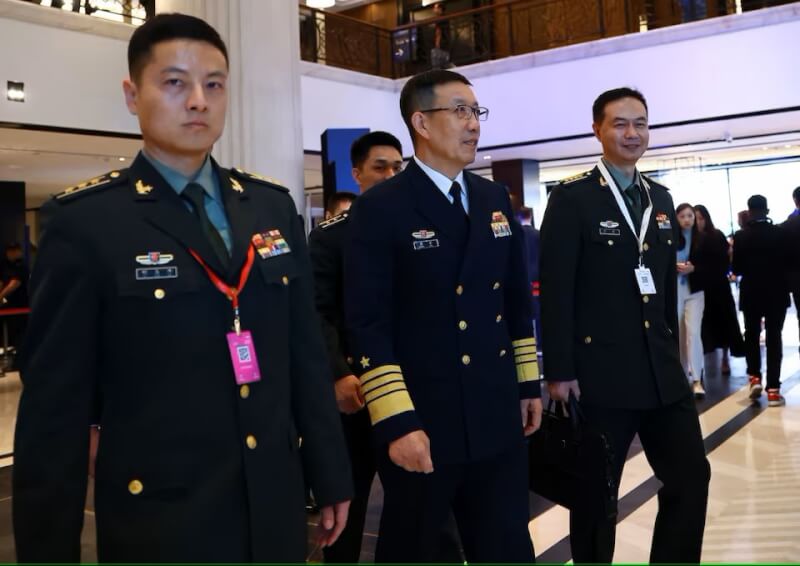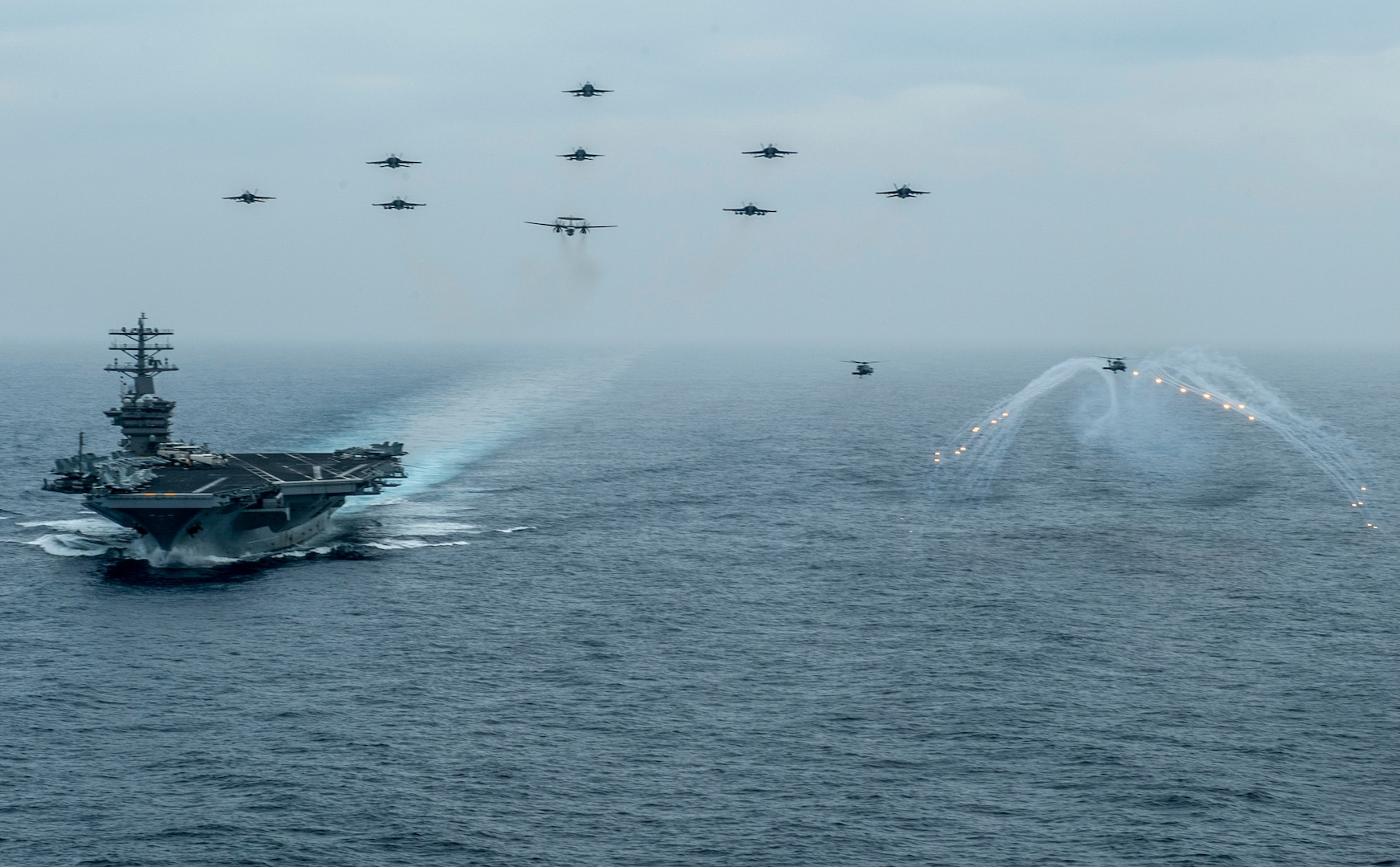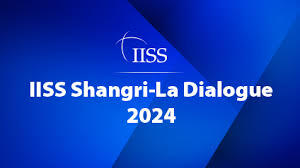In 2023, China launched its Global Security Initiative which highlighted the need to address contemporary security challenges through various initiatives, norms and partnerships. China is actively engaged in multilateral initiatives, military exercises with regional partners, and pursuing new forms of security cooperation. China has also sought to engage more in conflict mediation in different parts of the world. In this session China will outline its strategy for global security, highlighting also the progress of China’s policy initiatives for regional security in the Asia-Pacific..
.Admiral Dong Jun, Minister of National Defense, China Ladies and gentlemen, friends, good morning. When the fragrance of orchids permeates the air in June, I am very glad to come to Singapore and join you at the 21st Shangri-La Dialogue to discuss ways of promoting security cooperation and long-term peace and stability. Being here in this beautiful Lion City, where East meets West and different cultures blend with each other, we see Singapore’s remarkable transformation, which tells so much about the development and advances of the Asia-Pacific. And the very purpose of us to gather here today is to promote the well being of our people and contribute our share to global security. Ladies and gentlemen, friends, in today’s turbulent world, people of all countries have a strong desire for peace and development. Decades of peace and prosperity in Asia-Pacific and the remarkable Asia Pacific miracle have injected a strong impetus into world development and served as an anchor for global security. It has taught us a lot of things. People in Asia-Pacific are committed to harmony and peace. For thousands of years, countries with different cultures, religions, ethnic groups and social systems have lived in a close community. .
Exchanges and mutual learning among countries has created a culture of harmonious coexistence. In modern times, most countries in Asia-Pacific suffered from aggression and oppression committed by imperialism and colonialism. With a shared memory of devastating wars and turbulence, our people cherish peace more than anything else. Despite problems and differences that have occurred from time to time, dialogue and consultation have always been our favourite choice for resolving differences and disagreements. The Five Principles of Peaceful Coexistence initiated by China and other regional countries 70 years ago remains highly relevant today as a fundamental norm governing state-to-state relations. And safeguarding peace and stability in our region is an important mission for us militaries in Asia-Pacific countries. People in the Asia-Pacific are independent and self-reliant. .
The majority of countries in our region gained independence only after going through hard struggles and making great sacrifices. Therefore, we place great value on independence, and our people are against any attempt to turn our countries into vassal states or draw us into bloc confrontations. We hope to live in an equal and orderly multipolar world. In the course of pursuing development and national renewal, we have chosen social systems and paths suited to our respective national conditions. We have taken independent foreign and defence policies and achieved development and progress with our dedicated efforts. .
Our people have firmly rejected infiltration, sabotage and coercion by outside forces. We countries in the Asia-Pacific have the ability and confidence to resolve issues in our region. Our people despise those who attempt to bolster themselves by taking orders from hegemonic powers. We are confident that some countercurrents in one area or another can never block the overriding trend of our times. We, the militaries of countries in our region, will always serve as a pillar for boosting our independence and self-development. People in the Asia-Pacific have always supported each other through thick and thin. Being close neighbours bound together by mountains and waters and common interests, the Asia-Pacific countries are naturally a community with a shared future. We have worked in solidarity to resist aggression, fight disasters and pursue development. We wish each other well as neighbours, just as members of a family do to each other.


 字體:小 中 大
字體:小 中 大






 烏克蘭總統小司機被美國趕鴨子硬上架,發表演講,數落中國,後隨即走人,
烏克蘭總統小司機被美國趕鴨子硬上架,發表演講,數落中國,後隨即走人,








